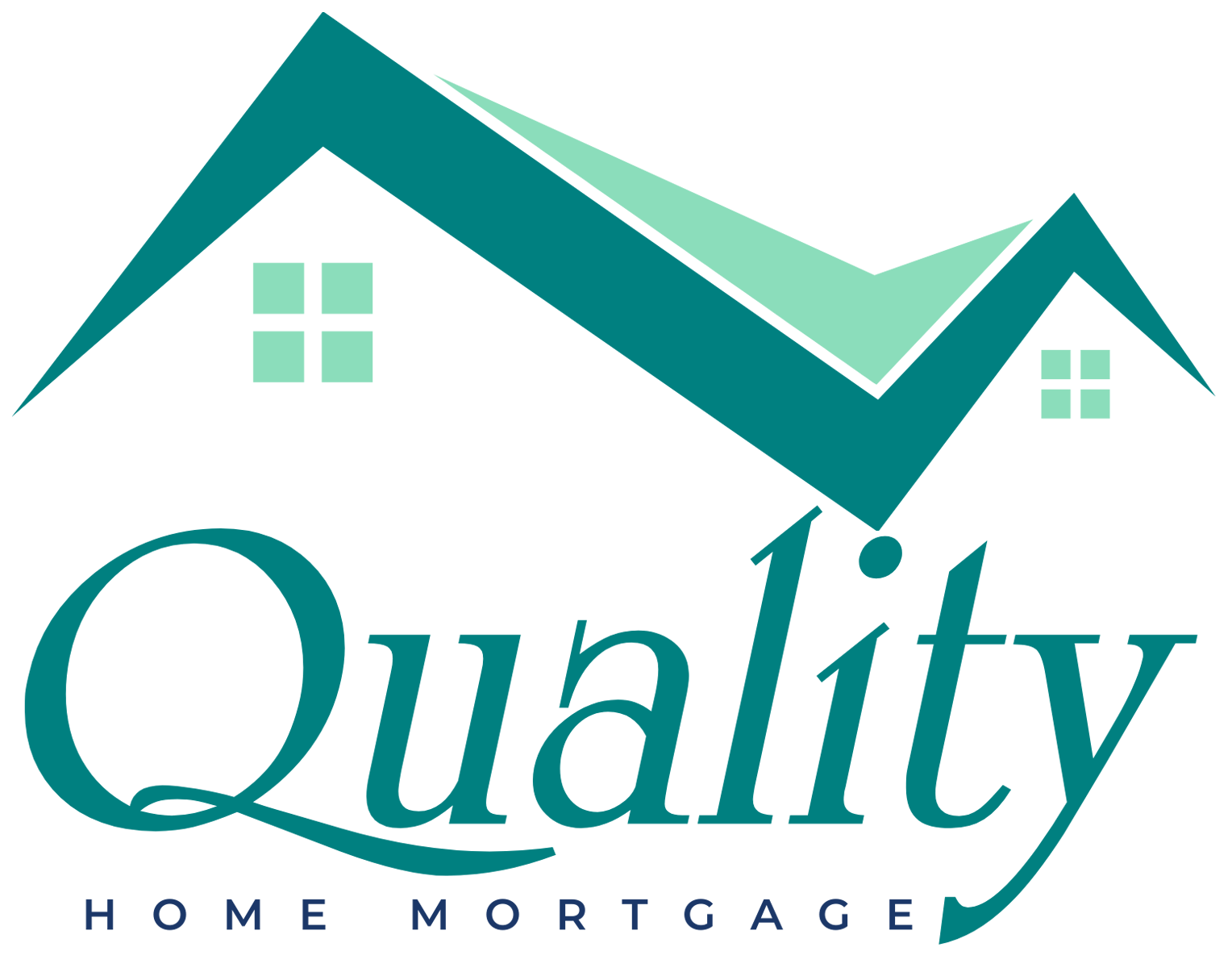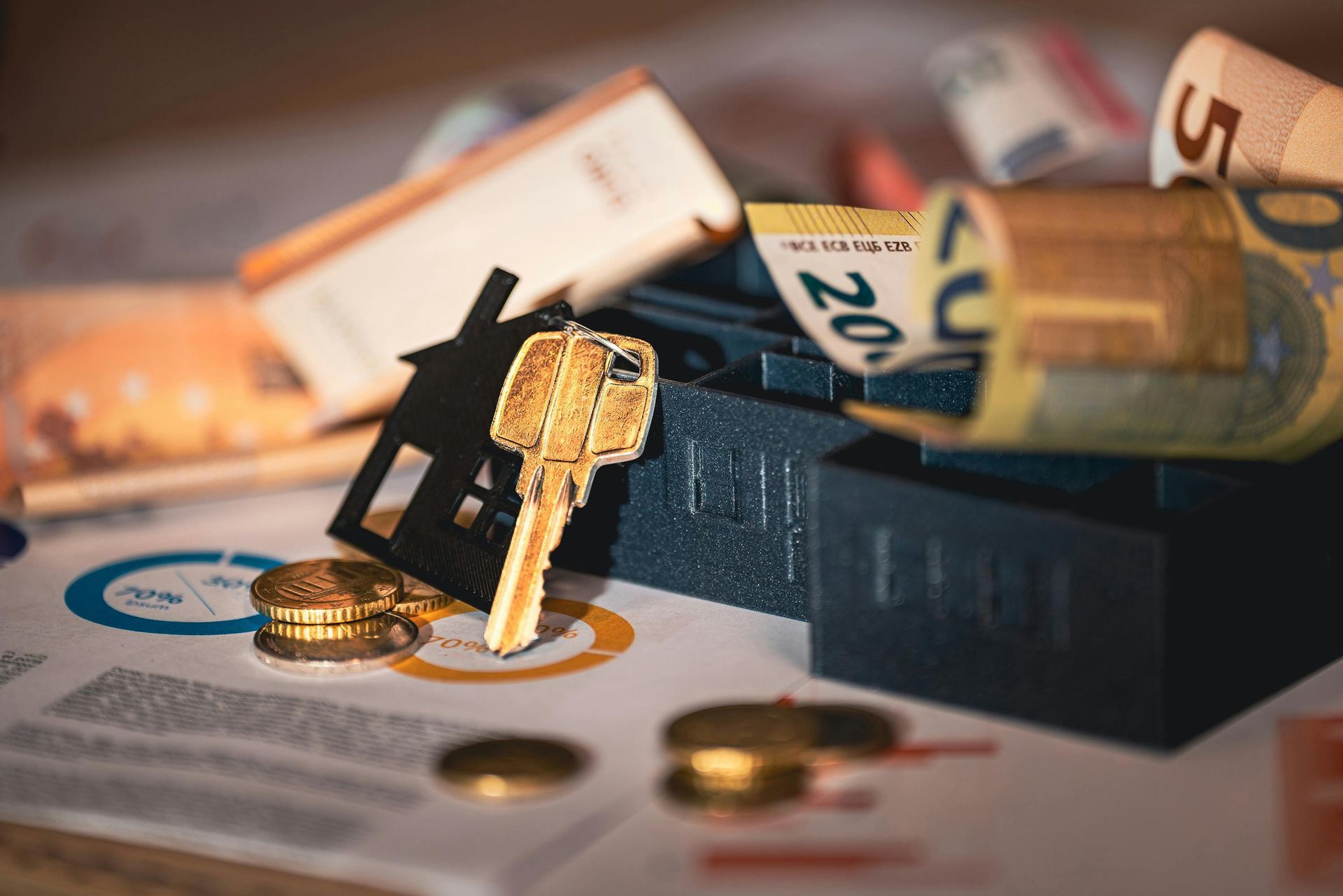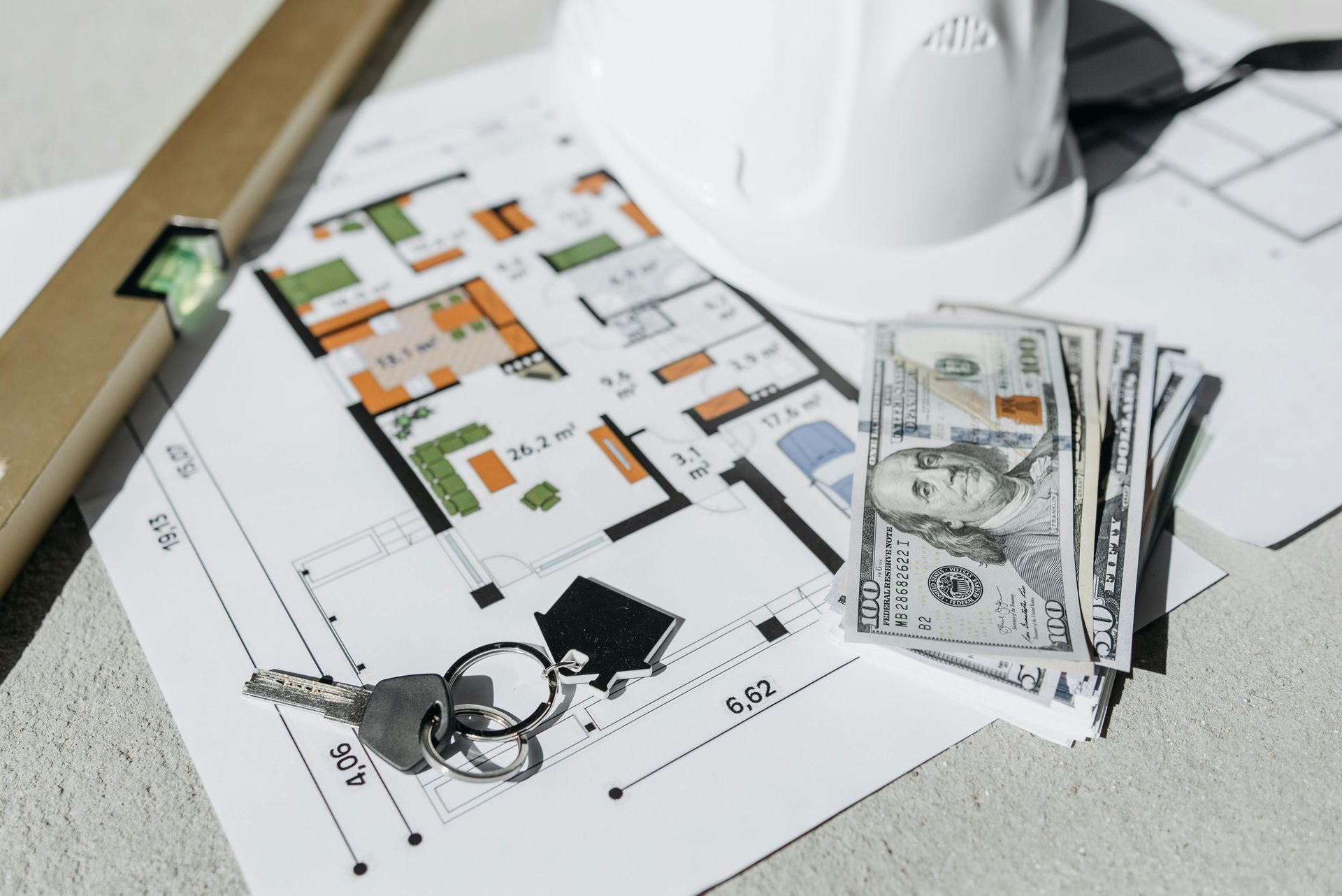What Credit Score Do You Really Need to Buy a Home?
Find out the minimum credit score you need to buy a house in Kentucky. FHA, USDA, VA, and conventional loan score requirements explained.

If you’re thinking about buying a home in Cadiz KY or anywhere in Western Kentucky, your credit score plays a big role in your loan approval, interest rate, and down payment. But don’t let myths hold you back — many buyers are approved with scores lower than they expect.
At Quality Home Mortgage, we help first-time buyers understand what lenders are really looking for. This post breaks down the minimum credit score requirements for major loan types, how your score affects your mortgage, and what you can do if your score needs improvement. We'll also share actionable steps to prepare for success and explain how working with a local lender makes all the difference.
H2: Why Credit Score Matters When Buying a Home
Your credit score tells lenders how reliably you’ve handled debt in the past. The higher your score, the less risk you present — which means:
- Easier loan approval
- Lower down payment requirements
- Better interest rates
- Lower monthly payments
Even a 20–30 point difference in your score can save thousands over the life of your loan.
For example, someone with a 760 credit score might qualify for a 6.25% interest rate, while a buyer with a 640 score could pay 7.25% or higher. That difference could mean hundreds more per month and tens of thousands over 30 years.
H2: Minimum Credit Scores by Loan Type
Let’s break it down by the most common home loan programs available in Kentucky:
H3: FHA Loans
- Minimum Score: 580 (or 500 with 10% down)
- Designed for buyers with less-than-perfect credit
- Allows 3.5% down with 580+
- Scores as low as 500 may qualify with 10% down
- Requires mortgage insurance for the life of the loan (unless you put 10% down)
Best for: First-time buyers or those rebuilding credit who may not qualify for conventional financing.
H3: USDA Loans
- Minimum Score: 640 (for automated underwriting)
- Available in rural areas like Cadiz, Hopkinsville, Princeton, and surrounding counties
- Zero down payment required
- Must meet income and property eligibility
- Some lenders may accept lower scores with manual underwriting
Best for: Moderate-income buyers in eligible rural zones who want to avoid a down payment.
H3: VA Loans
- Minimum Score: Usually 620 (can vary by lender)
- For veterans, active-duty military, and surviving spouses
- Zero down and no PMI
- Flexible on debt-to-income ratio
- Often lower rates than other loan types
Best for: Military-connected borrowers with a stable income and limited savings for down payment.
H3: Conventional Loans
- Minimum Score: 620 (higher scores get better rates)
- Requires 3–5% down
- 740+ credit scores qualify for best rates
- PMI (private mortgage insurance) drops off at 20% equity
Best for: Buyers with strong credit, steady income, and long-term financial stability.
H2: Real Buyer Question – “Can I Still Qualify with Bad Credit?”
Yes, in many cases! We work with buyers who:
- Have had late payments or collections
- Are recovering from a bankruptcy or foreclosure
- Have a thin credit file or no traditional score at all
“I thought I needed a 700 score to get a loan, but Hiler explained how I could qualify for an FHA loan with my 580. I’m now a homeowner.”
— Verified Buyer, Cadiz KY
The truth is, credit guidelines are flexible when you work with an experienced lender who understands the full picture. We take the time to understand your story and match you with programs that work for your needs.
H2: What Lenders Really Look For
Your score matters — but it’s not the only thing lenders consider. We also evaluate:
- Income stability (W-2s or consistent self-employment)
- Debt-to-income ratio (monthly debt payments vs. gross income)
- Employment history (at least 2 years preferred)
- Cash reserves or assets (savings, retirement, or gift funds)
- Down payment amount (more cash down can offset a lower score)
If your credit score is borderline, we look at compensating factors like a strong job history or low monthly debt to help your application stand out.
H2: How to Improve Your Credit Before Buying
Even small improvements in your score can qualify you for better rates and loan terms. Here’s how to start improving your credit before applying:
H3: 1. Check Your Credit Report
Visit AnnualCreditReport.com to get a free copy from all three bureaus. Look for errors like:
- Incorrect late payments
- Accounts you don’t recognize
- Duplicate or outdated debts
H3: 2. Pay Down Credit Cards
Keep balances below 30% of your credit limit. High balances are one of the fastest ways to hurt your score.
H3: 3. Don’t Open New Accounts
Opening new credit cards or loans adds hard inquiries, which can lower your score. Avoid this during pre-approval.
H3: 4. Pay All Bills On Time
Payment history makes up 35% of your credit score. A single late payment can drop your score by 30+ points.
H3: 5. Ask About Rapid Rescore Options
In some cases, we can help with rapid rescore tools that update your credit quickly after you pay down balances.
We also provide free credit consultations to help you set up a personalized action plan.
H2: FAQs – Credit Scores and Mortgages
H3: What’s the average credit score of approved buyers?
Nationally, it ranges from 680 to 720, but FHA and VA loans often approve buyers with lower scores.
H3: Can I buy a home with no credit history?
Yes, through manual underwriting. You may need to show proof of on-time rent, utility, insurance, or phone bill payments instead of a traditional score.
H3: Will checking my score hurt it?
No. Checking your own credit report is a soft inquiry and won’t affect your score. Mortgage pre-approvals use a hard inquiry, but only impact your score by a few points.
H3: How long does it take to raise my credit score?
With focused effort, many buyers can raise their score 20 to 50 points in 30 to 90 days.
H3: Should I wait to buy until my credit improves?
It depends. If your score is just below a key threshold (like 580 or 620), a short delay could save you thousands. But in a rising market, waiting could mean paying more for the same home.
Let’s talk through your options and make the best decision for your financial goals.
H2: Don’t Let Credit Myths Hold You Back
At Quality Home Mortgage, we help buyers of all credit backgrounds get approved for the right loan — even if you're not quite “perfect on paper.”
Whether your score is in the 500s, 600s, or higher, we’ll walk you through your options and help you prepare for success. We believe homeownership should be accessible, and we're committed to guiding you through each step of the journey.
Reach out today for a pressure-free consultation and credit review.
📍 63 Lakota Drive, Suite D, Cadiz, KY 42211
📞 (270) 522-0700
📧 qualityhomemortg@bellsouth.net
⏲ Mon–Fri: 10:00 AM – 4:00 PM
Call today for a free credit review and mortgage pre-approval — and take the first step toward homeownership.










